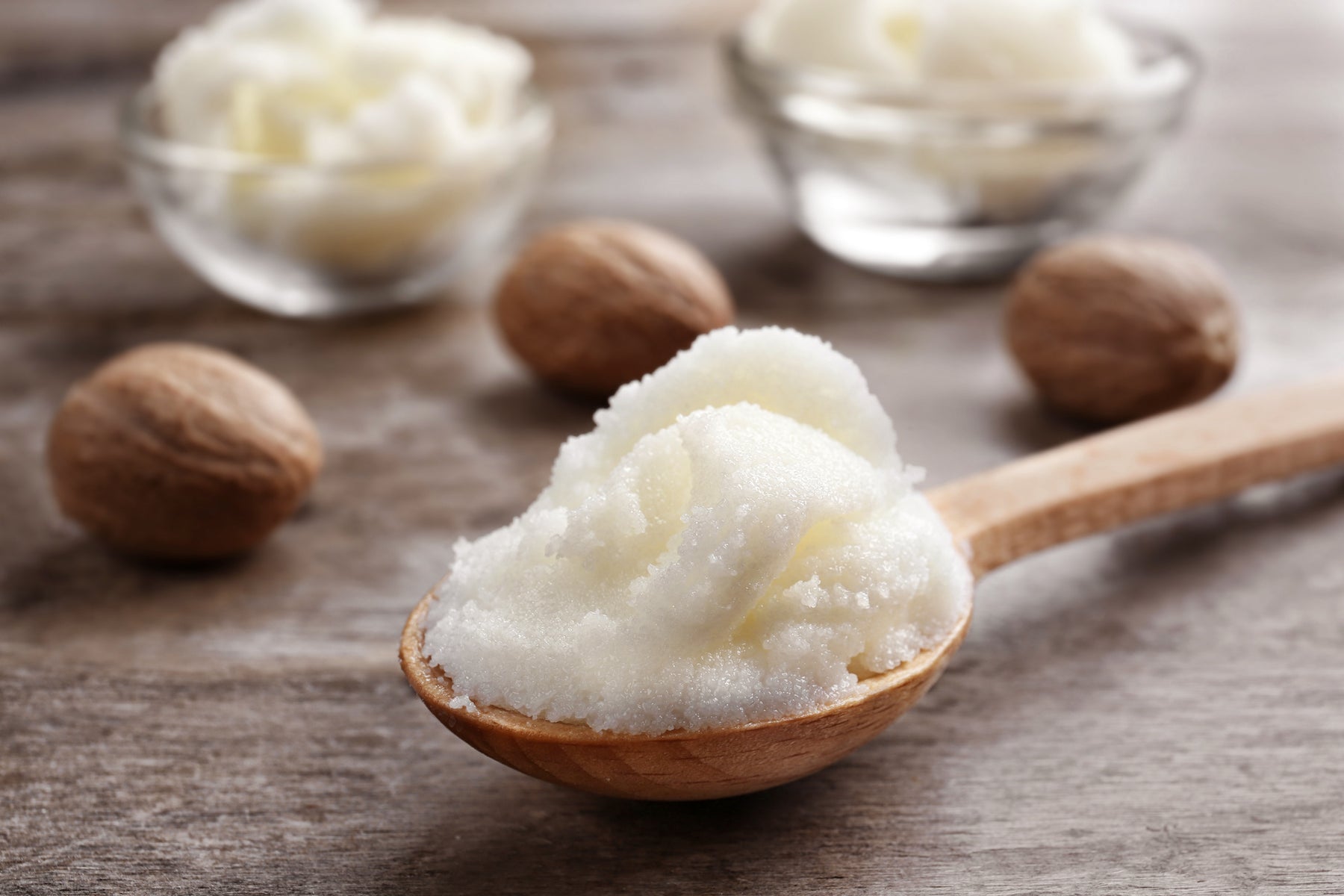
Herbal Pessaries
Medicinal plants and their extracts have been used since ancient times for prophylactic and therapeutic disease management. Vaginal and rectal routes have been extensively investigated for phytotherapy of local conditions, including genital infections, inflammatory conditions, cancer of reproductive and lower gastrointestinal tract, neoplasia, menstrual disorders, and contraception. (Herbal Bioactive-Based Drug Delivery Systems Challenges and Opportunities 2022, Pages 111-168).
A pessary is a medical device which can be implanted into the female genital organ to provide mechanical support to the prolapsed organs, to cure vaginal infections or dryness issues associated sometimes.
We at Nature’s Laboratory are involved in design and developing pessaries.
Ingredients Used in our Pessaries
Shea Butter: Shea butter is extracted from the kernels of the shea tree (Vitellaria paradoxa). Shea butter is composed of triglycerides with oleic, stearic, linoleic, and palmitic fatty acids, as well as unsaponifiable compounds. Vaginal health is very important part of every women’s life as women go through various transitions. Shea butter plays major role in managing and maintaining women’s vaginal health, its greasy and slightly acidic nature protects the vagina from foreign bacteria and prevent it from infections. It also helps to balance moisture in the vagina and vulva which ultimately help improve tissue quality. Shea butter is also rich in vitamins A & E and does more than just moisturise. It also supplies key anti-inflammatory and anti-aging nutrients.
Cocoa butter: Cocoa butter is an edible natural fat obtained from the Theobroma cocoa seeds. Cocoa butter exhibits emollient qualities. It intensively moisturizes the skin and protects it from drying out and peeling because of its fatty acid content. It boosts elasticity of skin while smoothing. These qualities of cocoa makes it as choice of ingredient to address the vaginal dryness.
Yellow Bees wax granules: Yellow beeswax are used as thickeners, emulsifiers, and as stiffening agents. Beeswax has been reported as a good material to make a vaginal pessary. Its excellent plasticity permits specific modelling in compliance with anatomical conditions of treated patient.
Tea tree Oil: Melaleuca alternifolia (family myrtaceae) grows in Australia, has been extensively proved and reported for its antibacterial and anti-infective potential specifically treating pathogens on skin and mucosal surfaces. Tea tree oil has been proved its potential for treating bacterial vaginosis or candidiasis.
Lavender (Lavandula angustifolia): Lavender oil has been proved in various ways for supporting, promoting, feeling, and healing women’s vaginal health from long time. Chemical constituents of lavender oil, such as linalool and linalyl acetate (accounting for about 75% of the oil), have been reported as fungicidal. Pessaries containing lavender oil can potentially fight the odour associated with vaginal discharge in vaginal infections, as well as the infection itself, due to its antibacterial and antifungal properties.
Calendula officinalis: Calendula has a long history of use as a vulnerary herb. It is approved by ESCOP and the German Commission E for the treatment of minor inflammations of the skin and mucosa, Calendula is naturally antifungal, antibacterial, 'anti-yeast' and most herbalists' first choice for thrush. It helps to soothe the skin in the intimate area, at the same time being proved anti-inflammatory it helps to cure any inflammation associated.
Witch Hazel: Hammamelis virginiana, commonly known as witch hazel, is a plant native to North America. Its most important constituents are tannins, which are known to strengthen epithelial cells, it can help to control apparent bleeding, as well as reduce inflammation and swelling, both internally and externally Witch hazel can also help to treat and prevent infections such as bacterial vaginosis. Astringent properties of this herb help to reduce the postpartum pain and swelling. Acidic properties of Hazel witch help to restore the vaginal pH after delivery.
